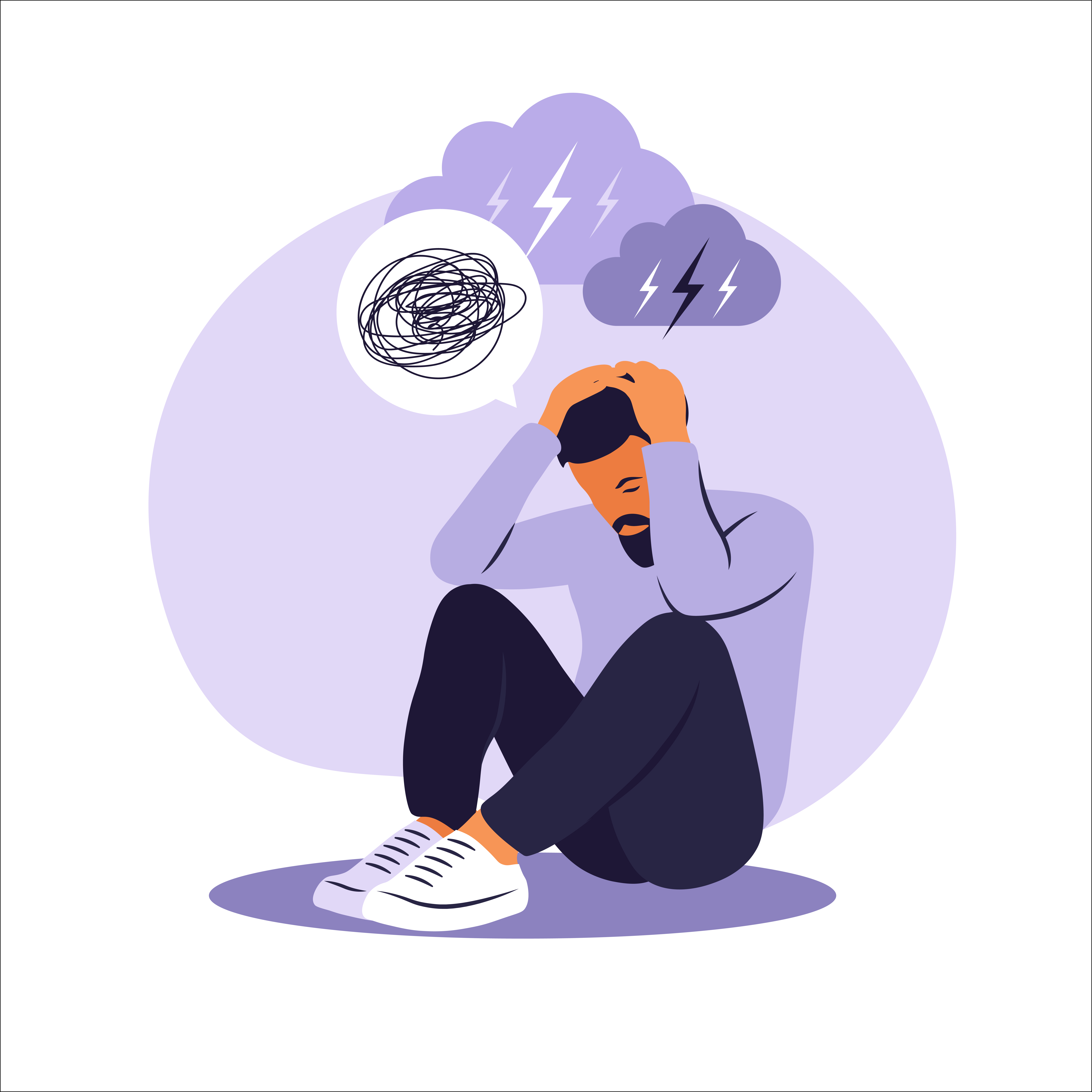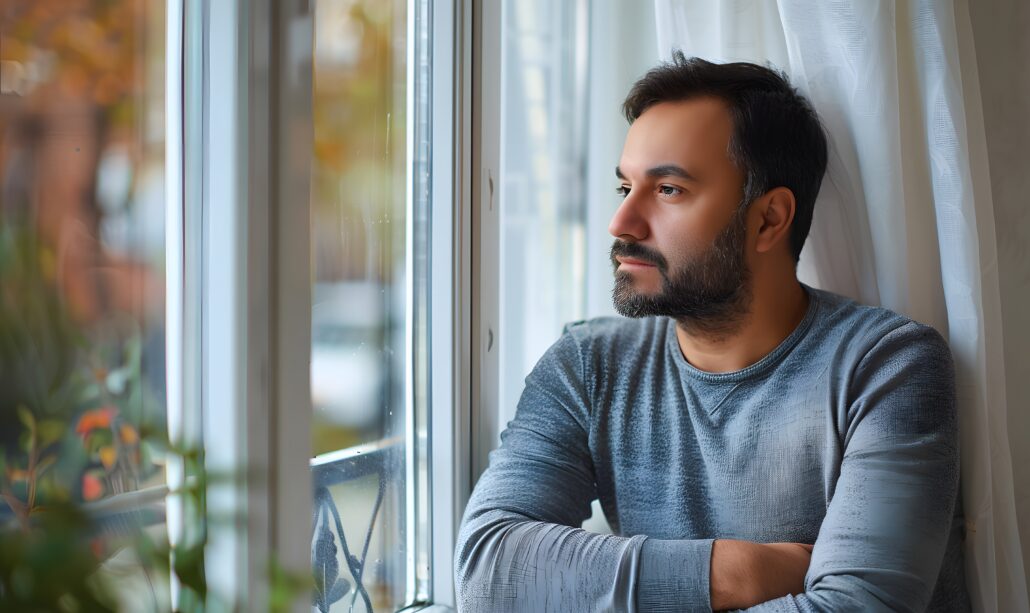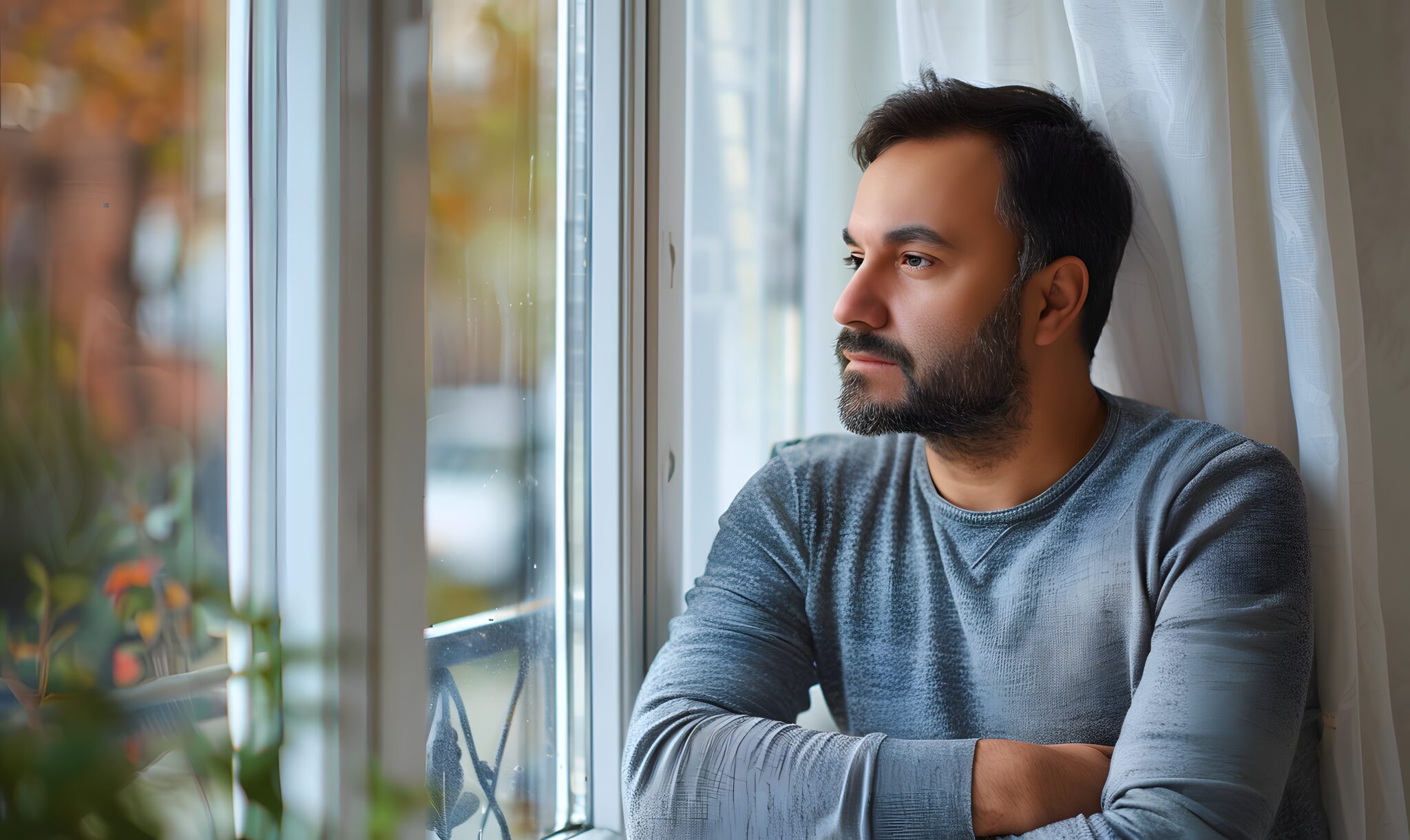Brain Stimulation Treatment Research Study
Researchers at UC San Diego are conducting a study to investigate brain stimulation for individuals with treatment-resistant depression (TRD).

Fast Facts

Ages 18-65

Experiencing Depression

Compensation Provided

Conducted
in San Diego, CA
Study Background
Researchers at UC San Diego are studying brain stimulation as a potential treatment for people with depression that doesn’t respond to other therapies.
This study is testing a new treatment called Medi-TBS, which combines digital mindfulness training with a type of brain stimulation known as theta burst stimulation (TBS). TBS is an FDA-approved method for treating depression. The study is aimed at people with severe depression who haven’t found relief from traditional antidepressant medications. Those with a history of psychosis, bipolar disorder, or who are pregnant cannot take part.
Participants will go through interviews, MRI scans, brain activity tests, and cognitive assessments before being assigned to one of three groups with different levels of mindfulness training. All groups will also receive the standard FDA-approved brain stimulation treatment. The study will require 20 treatment sessions over 4 to 7 weeks at UC San Diego. By participating, individuals might see improvements in their depression symptoms and help advance understanding and treatments for depression. Participants will receive $300 for completing the study.

Study Background
Researchers at UC San Diego are studying brain stimulation as a potential treatment for people with depression that doesn’t respond to other therapies.

This study is testing a new treatment called Medi-TBS, which combines digital mindfulness training with a type of brain stimulation known as theta burst stimulation (TBS). TBS is an FDA-approved method for treating depression. The study is aimed at people with severe depression who haven’t found relief from traditional antidepressant medications. Those with a history of psychosis, bipolar disorder, or who are pregnant cannot take part.
Participants will go through interviews, MRI scans, brain activity tests, and cognitive assessments before being assigned to one of three groups with different levels of mindfulness training. All groups will also receive the standard TMS treatment. The study will require 20 treatment sessions over 4 to 7 weeks at UC San Diego. By participating, individuals might see improvements in their depression symptoms and help advance understanding and treatments for depression. Participants will receive $300 for completing the study.

Additional Information
This study is being done to explore if brain stimulation can offer a new treatment option for people with depression who haven’t found relief from other therapies. The researchers at UC San Diego aim to determine if this approach can be effective for individuals with severe, treatment-resistant depression.
You may qualify for this study if you meet the following criteria.
Inclusion Criteria:
- Ages 18-65
- Experiencing Depression
- Tried antidepressants in the past without success
- If taking antidepressant medications, have been on a stable does for the past 4 weeks
- Able to participate in up to 24 study visits including 20 TMS treatment sessions at UC San Diego
- Able to undergo an MRI (no non-removable metal or severe claustrophobia)
Exclusion Criteria:
- Bipolar Disorder or psychosis
- History of neurological or seizure disorders
- Currently pregnant
Participants in this study will undergo a series of visits, both in-person and virtual, to assess their eligibility, receive treatment, and evaluate outcomes.
Screening: Visit 1– The screening visit takes about 2 hours and will be done virtually via UCSD Health Zoom. During this visit, participants review and sign the consent form, complete forms, clinical questionnaires, and an interview with a research coordinator. The study doctor will review the medical, psychiatric, and medication history to determine eligibility.
Pre-Treatment Imaging: Visit 2- This visit takes place at the UC San Diego Center for Functional MRI and lasts 30 minutes to 1 hour. Participants undergo an MRI brain scan. This visit can be skipped if a recent MRI from another UCSD clinical trial is available. Participants will also undergo a COVID-19 safety screen and, for women of childbearing potential, a pregnancy test.
Pre-Treatment Assessments: Visit 3- Conducted in-person at the UCSD School fo Medicine, this visit lasts about 2 hours. Participants complete self-administered symptom and behavior scales, and cognitive assessments. EEG is used to measure brain activity. Participants’ Resting Motor Threshold (RMT) is determined using TMS. Visit 2 and 3 can also be combined into a single visit.
Treatment (4-7 weeks): Visits 4-23- All participants receive 20 sessions of standard-of-care intermittent Theta Burst Stimulation (iTBS) TMS over 4-7 weeks, ideally 5 days per week but at least 3 days per week. Each session includes 3-4 minutes of TMS followed by up to 20 minutes of digital mindfulness training (total visit time 30 minutes each). Weekly, participants complete depression and anxiety symptom scales.
Post-Treatment Assessments: Visit 24- This visit, similar to the pre-treatment assessments, is done in-person at UCSD School of Medicine. Participants complete clinical symptom assessments, cognitive tests and EEG recording.
Four-Week Follow-Up: Visit 25– Approximately 4 weeks post-treatment, participants undergo a final assessment conducted virtually via UCSD Health Zoom, including clinical symptom assessments and an update on concomitant medications.
You can earn a total of $300 in compensation as an Amazon gift card for study completion.
There is no cost for you to participate in our research study.
